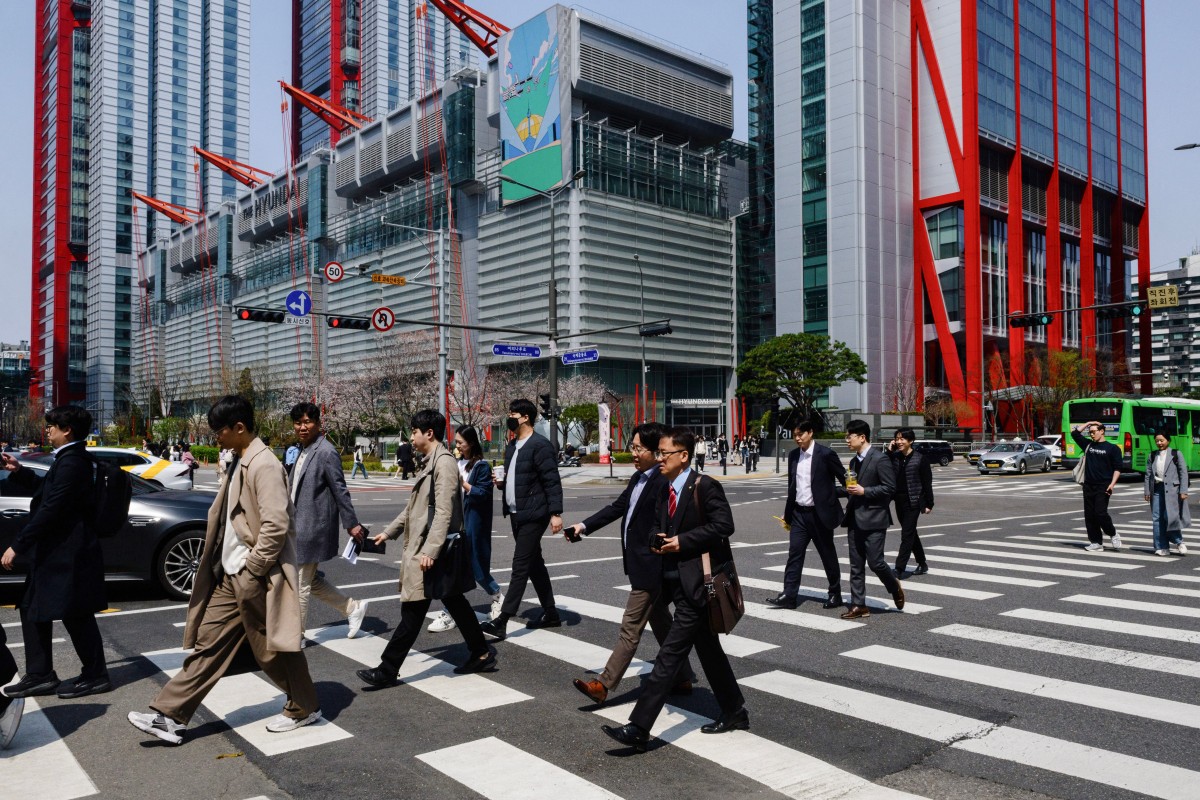August 12, 2025
SEOUL – Following a spate of bomb threats across South Korea, most of which turned out to be hoaxes, police say they are confronting the challenge of treating every report as a potential real danger while facing heightened public anxiety.
Between July 4 and Monday, eight bomb threats were reported to authorities, seven of which were made over the course of one week. All were determined to be false after police inspections.
On Monday, police officials in Gwangju received a bomb threat claiming that an explosive device had been planted at Lotte Department Store in Seo-gu, despite no such store being located in that district. Special operations units were deployed to search department stores nearby, such as the Lotte Department Store in Dong-gu and the Shinsegae Department Store in Seo-gu. According to authorities, no explosives were found after further searches.
On Sunday, a concert held by The Boyz was delayed for two hours after an anonymous bomb threat against the venue was sent by fax. The concert was cleared to go ahead at around 4 p.m. after the police concluded that the threat was a hoax.
According to the police on Monday, the bomb threat sent to the concert venue was traced to the same fax number used in an earlier warning of a sulfuric acid attack against students on Aug. 7.
Both threats were sent under the name “Takahiro Karasawa,” a Japanese lawyer. Since August 2023, a total of 44 faxes and emails, including threats made by those claiming to be Karasawa and other Japanese lawyers, have been recorded by authorities. All related cases have been referred to the police cybercrime unit, which is working with Interpol and Japanese authorities to identify the sender.
Five other bomb threats were also made last week, targeting department stores, a public swimming pool and a gaming company’s headquarters.
According to the Korean National Police Agency, special forces responded to a total of 943 reports of terrorism-related threats, such as bomb threats, from 2023 to the first half of 2025. This is more than double the total number of incidents recorded from 2015 to 2021, at 395 cases.
Police say the surge in bomb hoaxes is putting an unsustainable burden on special operations forces.
Each report requires the deployment of units specifically trained for high-risk scenarios, including bomb disposal squads, K9 units and tactical forces, tying up resources for hours at a time.
“Even if the reports are suspected to be a hoax, the police cannot afford to take chances,” a KNPA official told The Korea Herald. “However, every false alarm drains manpower and equipment that could be used to respond to genuine emergencies.”
Such repeated, large-scale responses can also increase public anxiety.
“Even if people know that many such threats are fake, the sheer frequency can create a sense among the public that something must be wrong in society. Or it can create something quite the opposite, where the public grows less cautious of terrorism threats and doesn’t respond with the appropriate attentiveness,” professor Kwak Dae-kyung from Dongguk University’s Department of Police Administration told The Korea Herald.
“Both scenarios pose a general threat to civil security in Korea.”
Experts warn that weak penalties for making false threats may embolden offenders. According to the public intimidation law, which was only passed in February, offenders can face up to five years in prison or a fine of up to 20 million won ($14,400).
However, according to the KNPA’s data, only 1 in 10 suspects have been arrested in relation to that law. Of those arrested, 77 percent have been referred to prosecutors, while the other cases have not moved forward.
“Considering the manpower and resources these cases actually consume, the current punishment is far too lenient to deter future offenders,” Kwak added.
“The law needs to reflect the seriousness of the disruptions caused. Stronger legal measures, such as raising the maximum sentence and introducing mandatory restitution to cover the cost of emergency responses, may also be needed to deter these hoaxes.”
